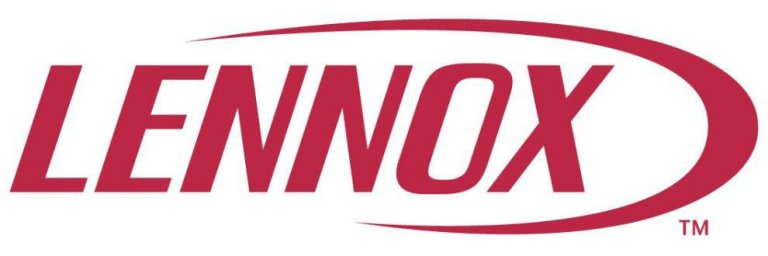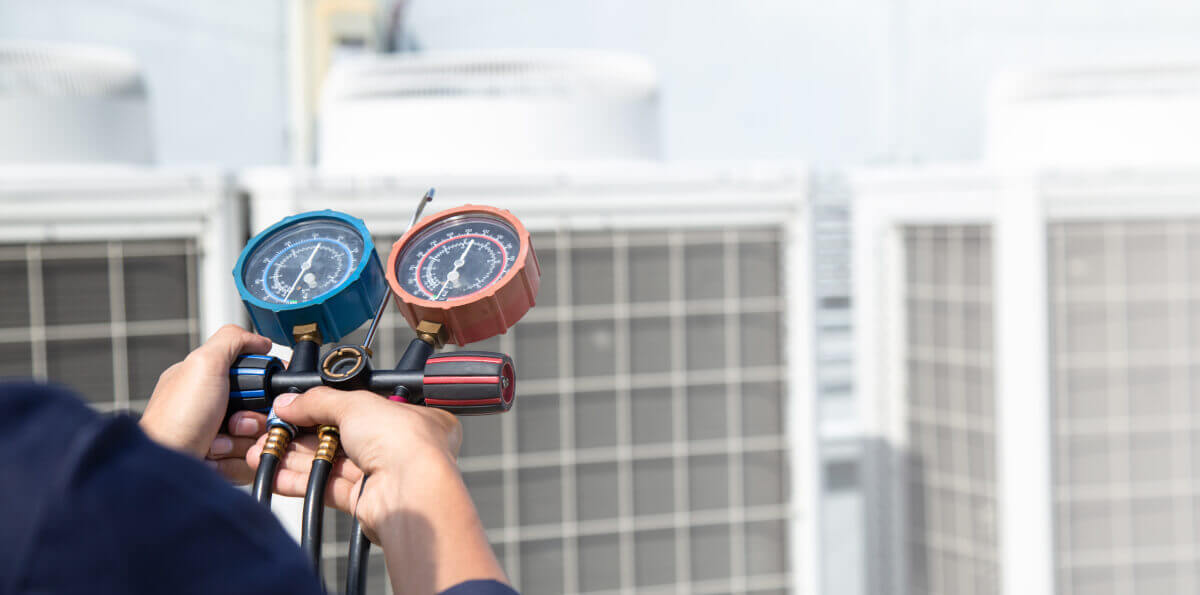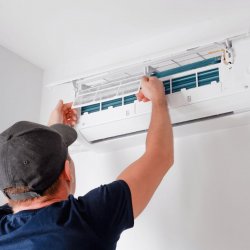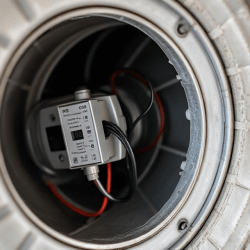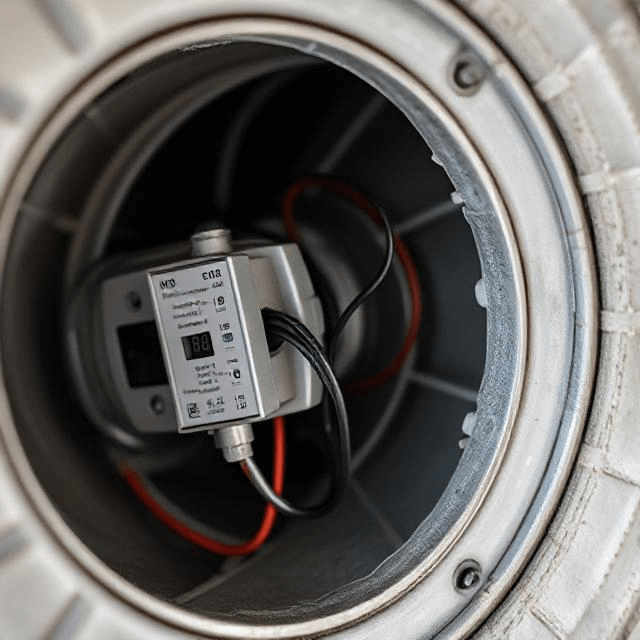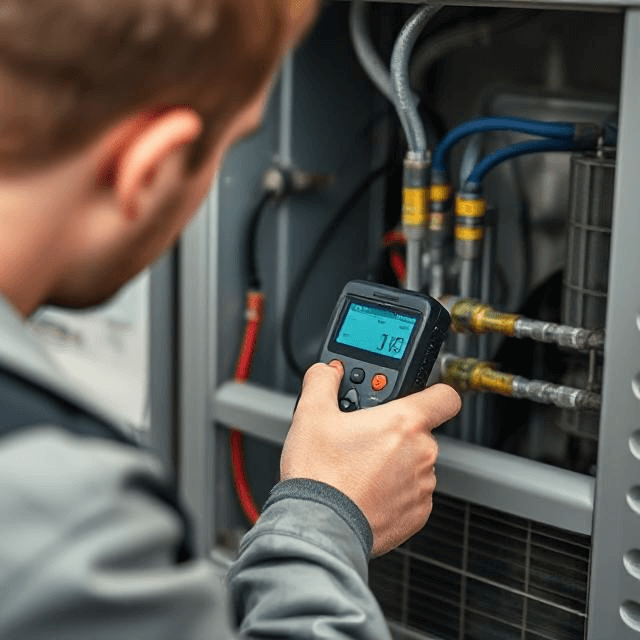Central to the operation of the HVAC system is the use of refrigerants, substances essential for heat exchange. If not managed properly, refrigerants can pose serious risks, including contributing to ozone depletion and global warming.
In this guide, Season Control HVAC discusses the importance of proper refrigerant management in HVAC systems. Through a thorough understanding of refrigerant functions, you can optimize HVAC performance and contribute to global environmental sustainability.
Understanding Refrigerants
Refrigerants are vital chemical compounds used in HVAC systems. They absorb heat from the surrounding area and release it elsewhere, enabling effective temperature control within buildings.
Types of Refrigerants
- Chlorofluorocarbons (CFCs) and Hydrochlorofluorocarbons (HCFCs): Previously standard but largely phased out due to their ozone-depleting potential.
- Hydrofluorocarbons (HFCs): Do not damage the ozone layer but have high global warming potentials (GWPs).
- Hydrofluoroolefins (HFOs) and Natural Refrigerants (like carbon dioxide and ammonia): Newer options that offer lower GWPs and reduced environmental impact.
Properties of Refrigerants
The refrigerants’ properties determine how they exchange heat within different system setups.
Key properties include:
- Thermal Conductivity: Higher thermal conductivity means more efficient heat transfer, which enhances the HVAC system’s effectiveness.
- Density: A refrigerant’s density affects its flow rate and the amount needed for optimal system performance.
- Specific Heat: A higher specific heat capacity means the refrigerant can absorb more heat, improving the system’s efficiency.
- Latent Heat of Vaporization: This measures the heat a refrigerant can absorb during vaporization. Refrigerants with a high latent heat of vaporization are preferred because they enhance the system’s energy efficiency.
- Environmental Impact: This includes the refrigerant’s ozone depletion potential (ODP) and global warming potential (GWP). These environmental metrics are crucial for selecting refrigerants that align with global environmental regulations and sustainability goals.
Importance of Proper Refrigerant Management
- Environmental Protection: By carefully controlling refrigerant use and disposal, we can reduce the emission of gases contributing to ozone depletion and global warming.
- System Efficiency: Proper refrigerant management ensures that HVAC systems operate optimally. Correct refrigerant levels lead to lower energy consumption and utility bill savings.
- Regulatory Compliance: Many regions have strict regulations governing the use and disposal of refrigerants. Adhering to these laws helps avoid legal penalties and supports global environmental efforts.
- Safety: Managing refrigerants minimizes the risk of leaks. This can be hazardous to health and safety.
- Longevity of HVAC Systems: When refrigerants are managed correctly, HVAC systems are less likely to suffer from premature breakdowns. This extends the equipment’s lifespan and reduces the need for frequent replacements.
Challenges in Refrigerant Management
- Leakage Prevention and Detection: Refrigerant leaks are common and complex to detect early. Advanced detection techniques are required to identify and repair leaks promptly to prevent efficiency loss and increased environmental impact.
- Complex Regulations: The regulations surrounding refrigerant use, handling, and disposal vary by region. Staying updated with and adhering to these changing regulations poses a challenge for HVAC professionals.
- Recycling and Disposal: Proper disposal and recycling of refrigerants require specific procedures that must be carefully followed. Inadequate recycling practices can lead to significant environmental damage and legal repercussions.
- Technician Training: As refrigerant technologies evolve, there is a continuous need for technician training and certification. Ensuring all team members are up-to-date with the latest methods and regulations is crucial but challenging.
- Cost: Implementing proper refrigerant management practices, including investing in the right tools and training, can be costly. This expense can be a barrier for many HVAC companies, especially small businesses.
Best Practices for Refrigerant Management
- Regular Maintenance and Inspections: Schedule routine HVAC maintenance to check for leaks, ensure proper refrigerant levels, and verify system integrity.
- Use of Proper Tools and Equipment: When handling refrigerants, use advanced tools and technology, including recovery units, leak detectors, and charging scales.
- Training and Certification: Ensure all HVAC technicians are well-trained and hold current certifications from recognized bodies such as the EPA.
- Leak Detection Programs: Implement a robust leak detection program using sensors and monitors that can alert technicians to even small leaks. Make sure these are addressed before they become larger issues.
- Environmentally Friendly Practices: Choose refrigerants with lower GWP and ODP wherever possible. Encourage the use of recycling and reclaiming practices to minimize environmental impact.
A Focus on the Importance of Refrigerant Management
Proper management of refrigerants is not just a technical requirement for HVAC systems; it is a critical responsibility.
This affects environmental sustainability, system efficiency, and safety. By adhering to best practices for refrigerant management, you can mitigate the risks associated with refrigerant handling.
These efforts help protect the environment, enhance system performance, and ensure compliance with complex regulations, ultimately leading to a safer, more sustainable future.
